On a busy Thursday afternoon at Stanford’s Center on Democracy, Development and the Rule of Law (CDDRL), I sat down with Professor Michael McFaul, Director of the Freeman Spogli Institute for International Studies (FSI) and Ken Olivier and Angela Nomellini Professor of International Studies in the Department of Political Science, for a wide-ranging conversation on great power competition, U.S.–China relations, Cold War legacies, and the role of ideology in shaping global politics.
A former U.S. Ambassador to Russia and one of the most prominent voices on American foreign policy, Professor McFaul’s new book Autocrats vs. Democrats: China, Russia, America, and the New Global Disorder examines the stakes of the current geopolitical moment. Over the course of nearly an hour, we spoke about the elasticity of the term “great power competition,” the dangers of isolationism, the importance of middle powers, and the enduring influence of ideas in world politics. He also shared advice for young people interested in foreign policy, as well as the two books that shaped his early intellectual journey.
The term “great power competition” has become such a potent buzzword in Washington. Everyone uses it all the time, and it feels like it can mean many different things depending on who’s talking. How do you define great power competition? And do you think there’s a way for Washington to stop treating it as a catch-all phrase and instead turn it into a strategy with clear ends, means, and metrics?
The original motivation for writing my book came in 2017 when the Trump administration came into power. They wrote a National Security Strategy that very explicitly stated that we were in a new era of great power competition. And that document, in my view, became one of the most famous national security strategies of recent decades because it was so clear about that shift. The Pentagon even came up with an acronym — GPC (great power competition) — and when they create an acronym, it usually means it’s here to stay.
Around that time, there was also a big debate about whether we had entered a new Cold War. It began first with Russia — books were being written about a “new Cold War” as early as 2009 — and then the conversation shifted to China. So my first motivation for writing the book was to ask: Is this actually true? Is the Cold War analogy useful or not? My answer is complicated. Some things are similar, some things are different. Some of what’s similar is dangerous; some isn’t. Some of what’s different makes things less dangerous, and some of what’s different is scarier than the Cold War. If we don’t get the diagnosis right, then we won’t have smart policies to sustain American national interests.
You’ve written and spoken about how the Cold War analogy can be misleading. What are the main lessons from that period that we should remember, both the mistakes and the successes?
Because we “won” the Cold War, a lot of the mistakes made during it are forgotten. I use the analogy of when I used to coach third-grade basketball. If we won the game, nobody remembered the mistakes made in the first quarter. But if we lost, they remembered every single one. Because the U.S. “won,” people forget the mistakes.
There were major errors: McCarthyism, the Vietnam War, and allying with autocratic regimes like apartheid South Africa when we didn’t have to. So, in the book, I dedicate one chapter to the mistakes we should avoid, one to the successes we should replicate, and one to the new issues the Cold War analogy doesn’t answer at all. It’s not about glorifying the past; it’s about learning from it in a clear-eyed way.
President Trump and former President Biden have had very different approaches to great power competition. President Biden’s vision is closer to a liberal international order, whereas President Trump talks about a concert of great powers — almost a 19th-century idea. How do you evaluate that model? Do you think it can work today?
The short answer is no. I don’t believe in the concert model or in spheres of influence. That’s the 19th century, and this is the 21st. Trump’s team itself was internally confused on China. Trump personally thinks in terms of great powers carving up the world into spheres, but the national security strategy he signed was written by his advisors, not necessarily by him.
In thinking about Trump, I find it useful to remember that U.S. foreign policy debates don’t fall neatly between Democrats and Republicans. They run along three axes: isolationism versus internationalism, unilateralism versus multilateralism, and realism versus liberalism. Trump is radical on all three fronts — he’s an isolationist, he prefers unilateralism, and he doesn’t care about regime type. I think that combination is dangerous for America’s long-term interests.

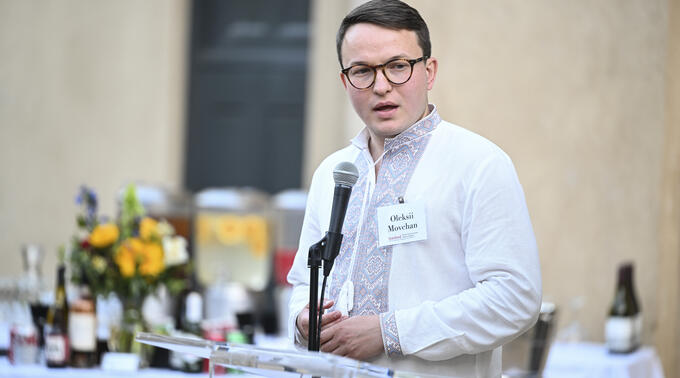
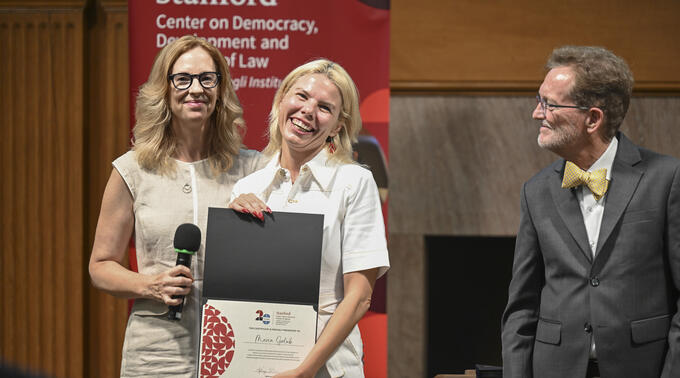
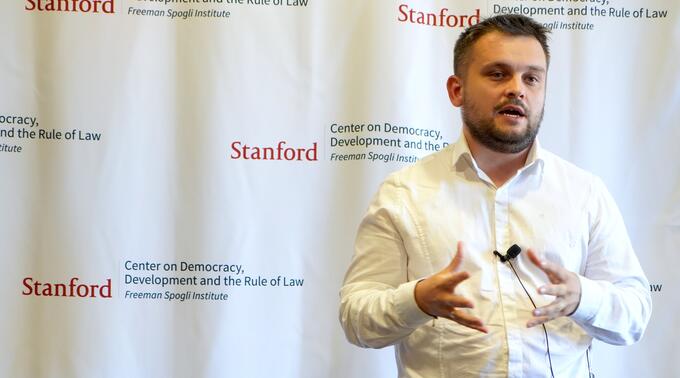
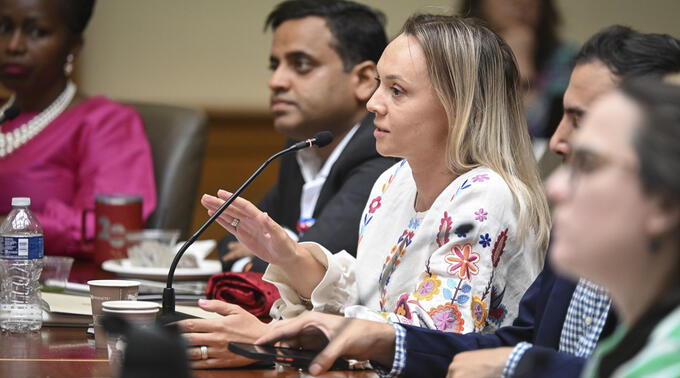
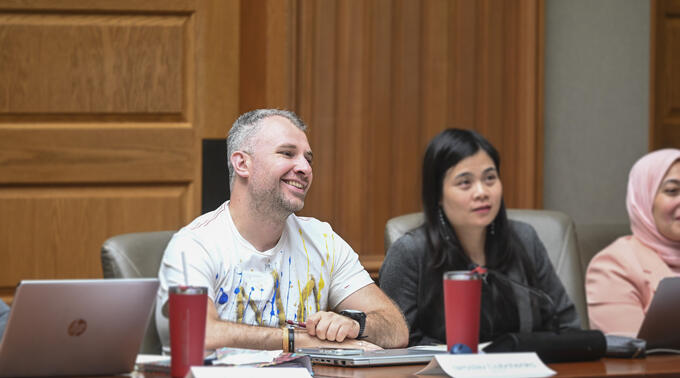
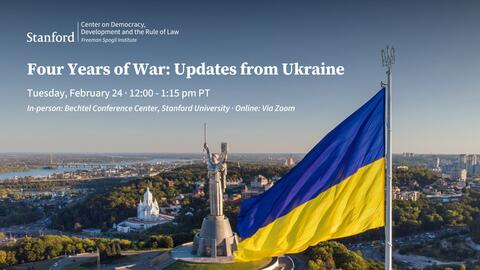
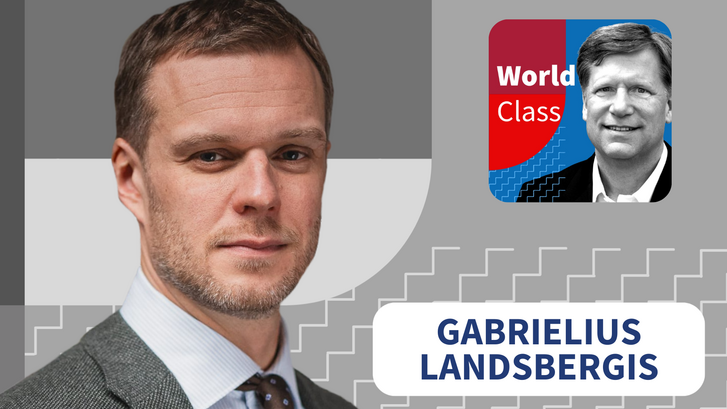


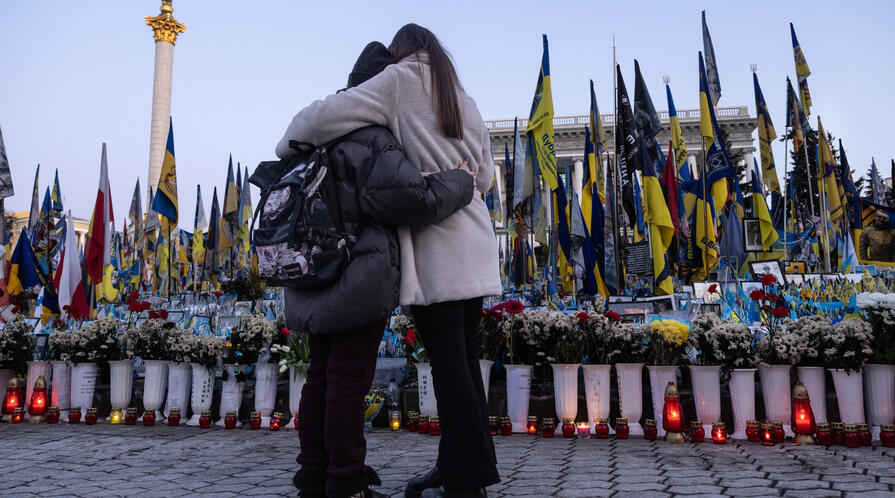
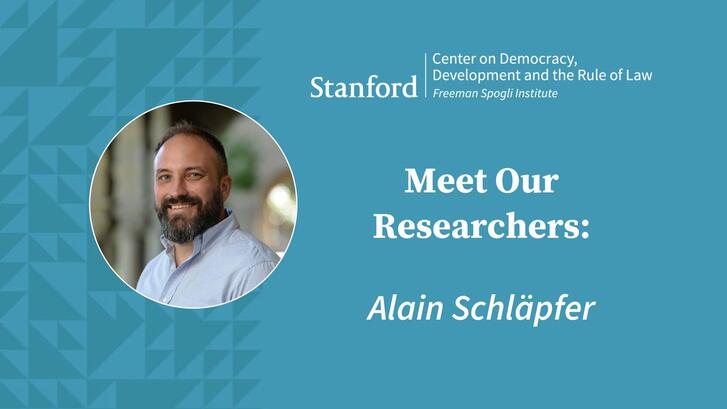
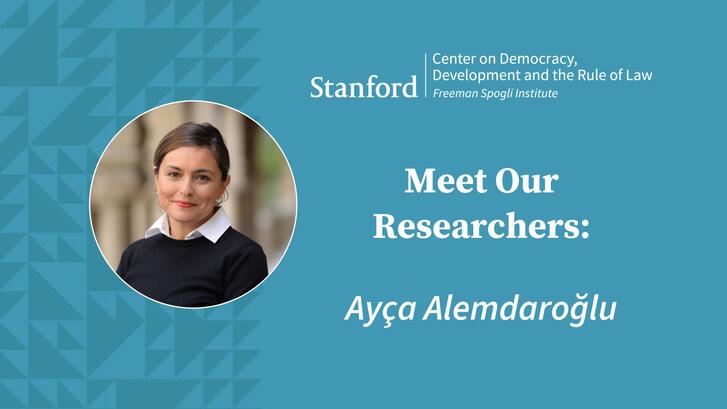

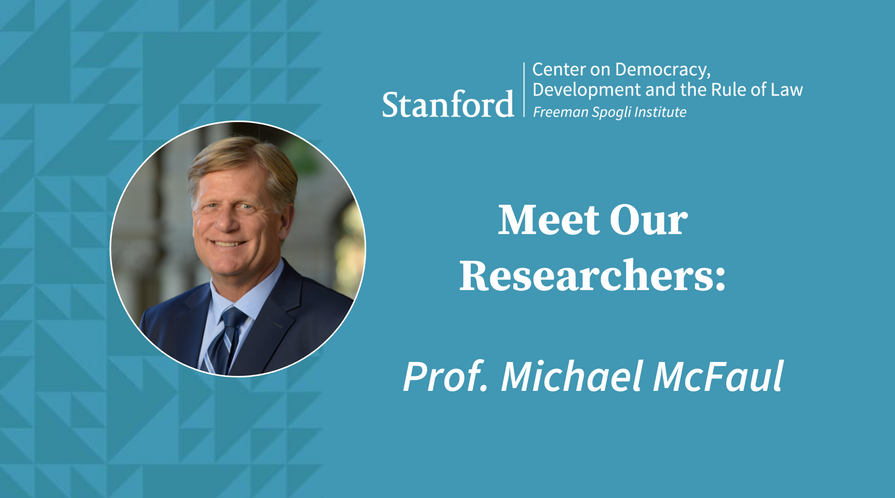



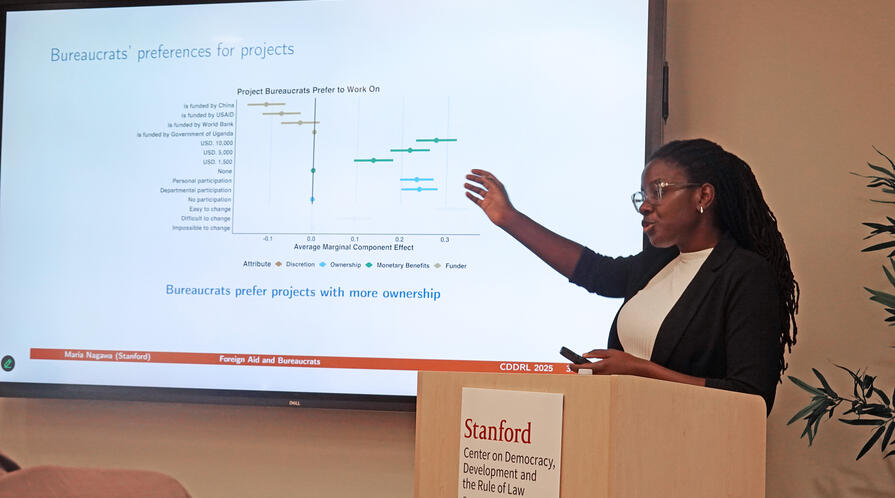
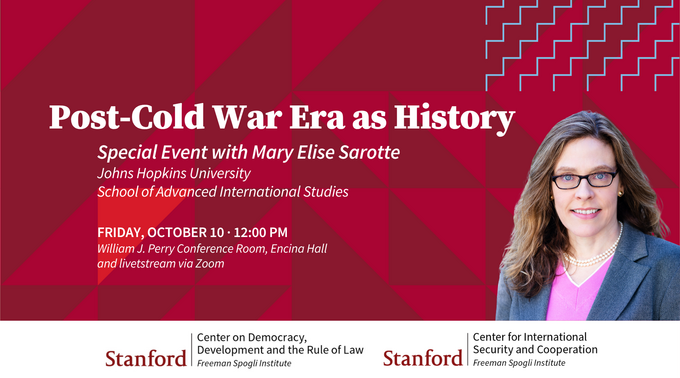
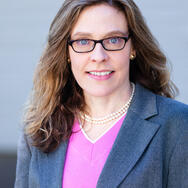

![[Left to right]: Michael McFaul, Marshall Burke, Steven Pifer, Oriana Skylar Mastro, Didi Kuo, and Amichai Magen on stage.](https://fsi9-prod.s3.us-west-1.amazonaws.com/s3fs-public/styles/727x409/public/2024-10/fsi_reunion_2024_panel_hero.png?h=c4d9845d&itok=z-tgHwbD)










